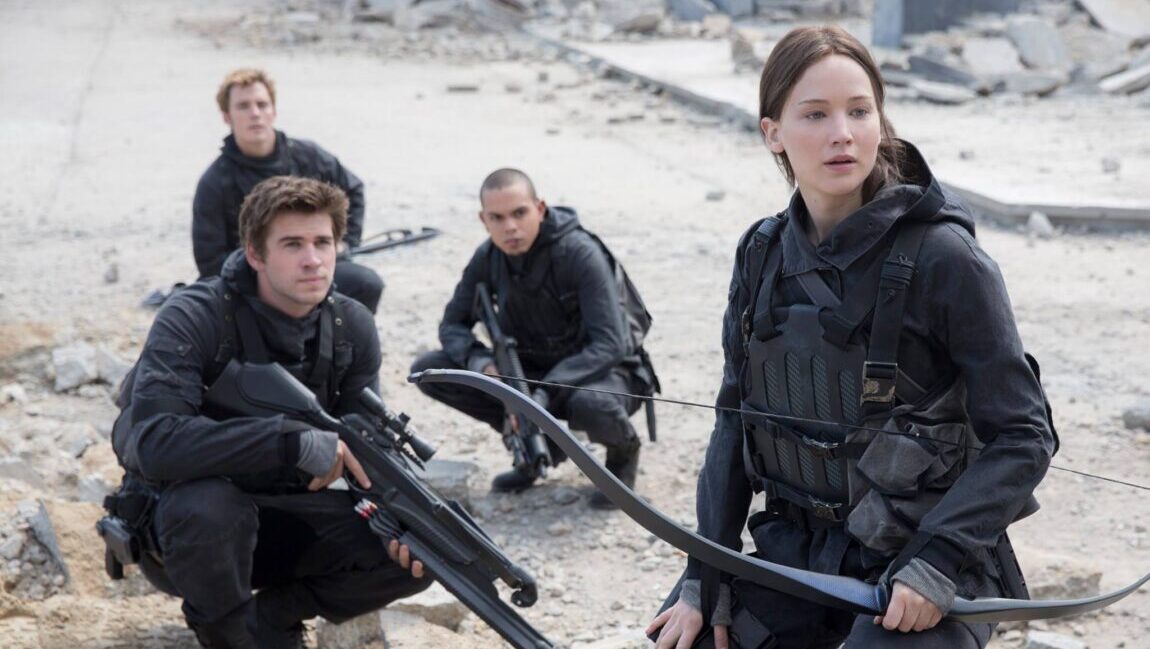Cliff Walkers is a visually slick and violent spy flick that avoids propaganda and imbues its proceedings with considerable emotional and existential weight.
Don’t let a release date timed to Laodong Jie (Chinese Labor Day) fool you: Zhang Yimou’s Cliff Walkers scans as “nationalist” only in the poison pill sense. Instead of the censorship-plagued One Second, which finally released in China last year but still hasn’t made it to the U.S., this is the true successor to Zhang’s widely misunderstood wuxia riff, Shadow. The key line from that film — “I spent my life on games of power and war” — would seem just as appropriate were it to come from one of the out-in-the-cold spies who claw their way through the minefield of Zhang’s new dark and snowy espionage thriller. In fact, the war games in Cliff Walkers are even more disturbingly dehumanizing, probably because there’s less historical distance from a pre-revolution China than a feudal one. Besides, in Shadow, the surreal doubling, and the gradual moral rot of the two embattled kingdoms, could easily enough be taken as constituent elements of a theatrical, monochrome-stylized palace drama — enough to miss some more provocatively allegorical implications. In the case of Cliff Walkers, though, more so than any heroism and valor paid lip-service to in hollow speeches about greater-good sacrifice, it’s the passionless violence engaged in on both sides that’s memorialized — and that invariably superimposes itself onto a time that’s crucial to the founding of the People’s Republic.
A frigid and foreboding air hangs over Cliff Walkers from the moment its two sets of Soviet Union-trained Communist spies parachute into the Japanese-occupied Manchukuo state, head off in different directions through a forest covered in snow, and subsequently both reach rendezvous points where those waiting for them are almost immediately identified as double agents — part of the collaborationist Chinese government, and just waiting to trap them. Things only get more complicated and alliances more fluid as this plot progresses, but it does hold together; and even if you do lose the thread, the mechanics of the story are important only in so much as they lay a thematic foundation — one which, more often than not, is articulated more robustly through Zhang’s sharp-as-ever visual sense. Every loaded encounter between spies engaged in at least one or two levels of role-play is carefully surveyed by a camera attentive to subtleties in each characters’ expressions, committed to a clear orientation of space, and able to escalate the dynamics of the action with the right cut or framing. Perhaps the best example of this comes early on, and involves no violence at all: each of the key players find themselves aboard the same train bound for Harbin, where the bulk of the action in Cliff Walkers takes place, and Zhang’s nimble choreography of glances, his use of the congested space of the train car, and his eliding of just the right amount of visual information (only so much as to keep us on edge like the spies themselves) all come together with a classical filmmaking finesse.
When that train reaches its destination, though, Cliff Walkers quickly morphs from playful and sly to a wrenching and dark exploration of the base instincts that people resort to in times of war. And no one here, no matter how heroic their words, seems safe from being on the receiving end of the worst punishments — nor from being exposed to the most soul-scarring actions. Which is to say that Wu Jing striking a pose as he drives through an impoverished African village with a Chinese flag held high this is not — the procession of nationalist blockbusters coming out of China in recent years, like Wolf Warrior 2 and Operation: Red Sea, aren’t necessarily any less violent, but Zhang never indulges the same triumphalism that forms the core of their exploitation and propaganda. When, in Cliff Walkers, a captured operative is drugged and tortured, or has their skull beaten so hard that it caves in, or is literally forced to take a poison pill, there’s both emotional and existential weight to that violence — and a notable lack of reason behind it. The same listlessness runs through even this film’s most explicitly propagandist gesture: the recurring mantra of “everything will be alright when the sun rises.” The repetition of this line comes to feel less like a show of fortitude than uncertainty, or, at the very least, a sobering reminder of the darkness that’s always only a horizon away.







